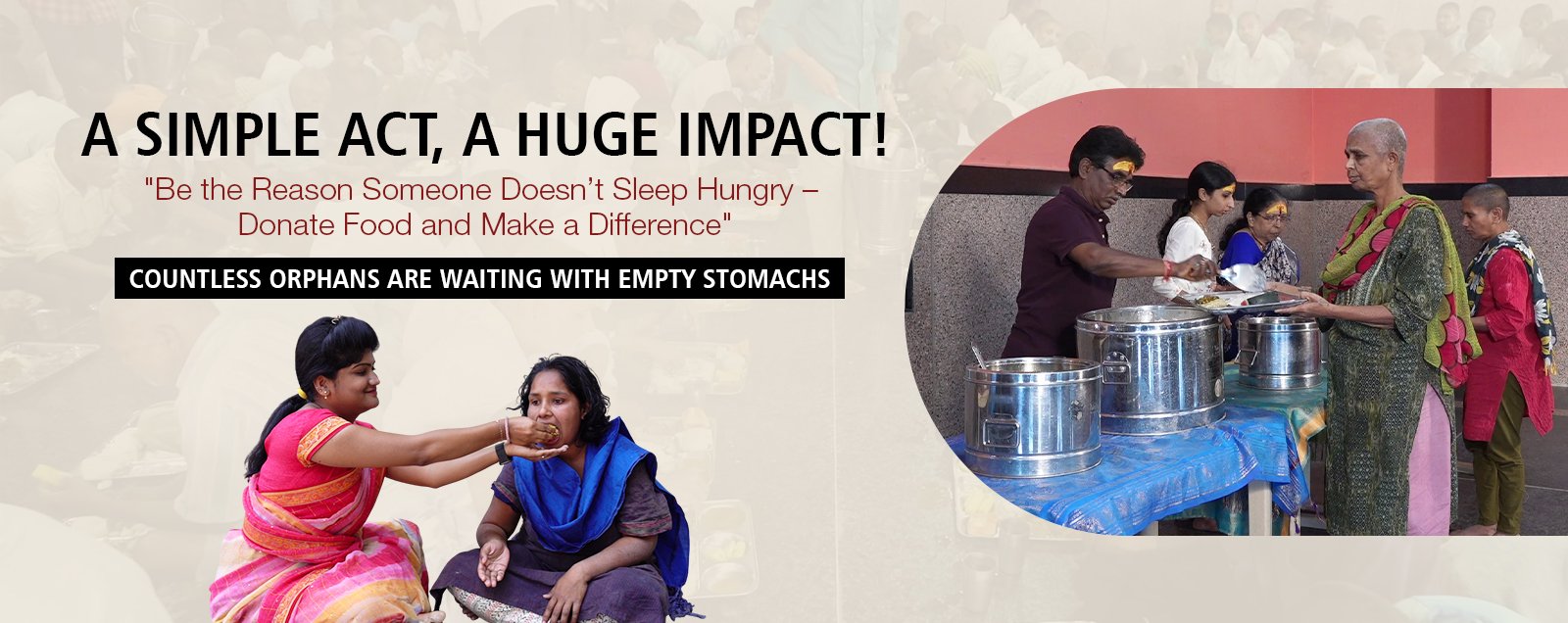- News
- News Blog

Sustainable Solutions for Roadside Wanderers
Roof for Every Roadside Wanderer
In a country like India, the sight of people wandering the streets without shelter, food, or care is unfortunately all too common. These roadside wanderers—often marginalized, displaced, or vulnerable—face many challenges. While short-term solutions like food donations and temporary shelters help in the moment, it is long-term, sustainable solutions that will truly transform their lives. Here, we explore practical approaches to addressing the needs of roadside wanderers.
1. Establishing Permanent Shelters
For roadside wanderers, having a safe and secure place to live is the first step in rebuilding their lives. Permanent shelters not only provide a roof over their heads but also offer them protection from the harsh elements and security from exploitation. By constructing well-equipped shelters, we ensure that they have access to basic needs such as food, water, and sanitation, which are crucial for their survival.
Additionally, these shelters should foster a sense of community and dignity, allowing wanderers to regain their self-respect and contribute positively to society.
2. Healthcare Access for Physical and Mental Wellness
One of the most urgent needs for roadside wanderers is healthcare. Many suffer from untreated illnesses, chronic conditions, or mental health challenges. Without access to proper medical care, these individuals cannot regain their strength, let alone reintegrate into society.
3. Raising Awareness and Building Compassionate Communities
Building awareness around the plight of roadside wanderers is a vital step in creating a compassionate society. When people are educated about the hardships these individuals face, they are more likely to offer help through donations, volunteering, and community-driven initiatives.
Creating awareness through social media campaigns, local outreach programs, can foster empathy and encourage long-term community involvement, ensuring these wanderers are no longer forgotten or ignored.
4. Sustainable Food Programs for Long-Term Nutrition
Proper nutrition is critical to the health and recovery of roadside wanderers. While food aid may help in emergencies, a sustainable food program is key to long-term nourishment. Initiating community gardens or working with local farms can create a steady supply of nutritious meals.
Additionally, involving wanderers in growing their own food can be a form of therapy, teaching them valuable skills and fostering a sense of accomplishment. These programs can promote both physical health and emotional well-being.
Conclusion: A Call for Long-Term Commitment
The plight of roadside wanderers is a complex issue that requires a comprehensive, sustainable approach. By focusing on permanent shelters, healthcare, awareness and food security, we can provide a path forward for these individuals to regain their dignity and independence.
A long-term commitment from NGOs, governments, and local communities is essential to make these solutions a reality. Together, we can build a society where no one is left on the streets to fend for themselves.













